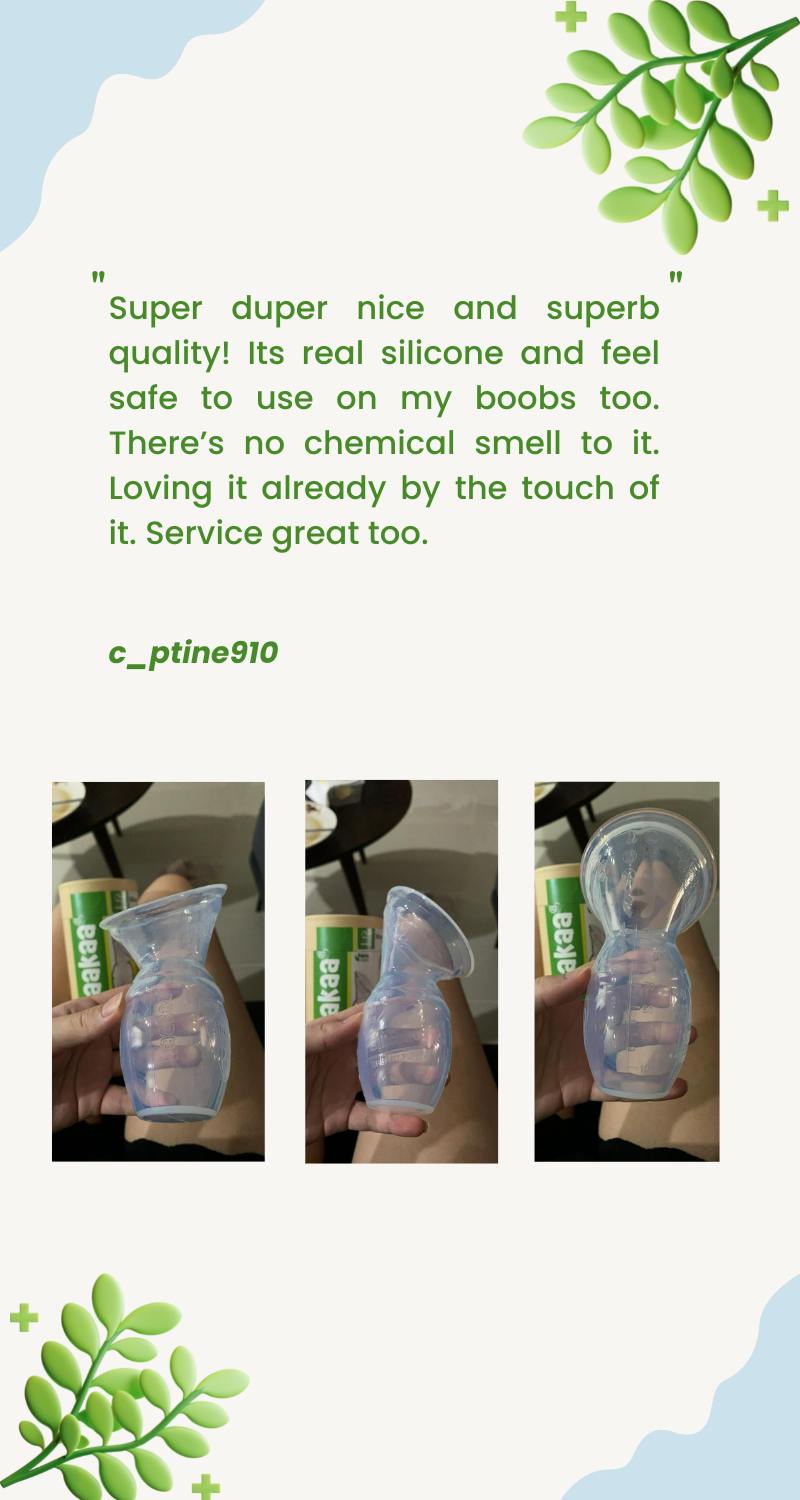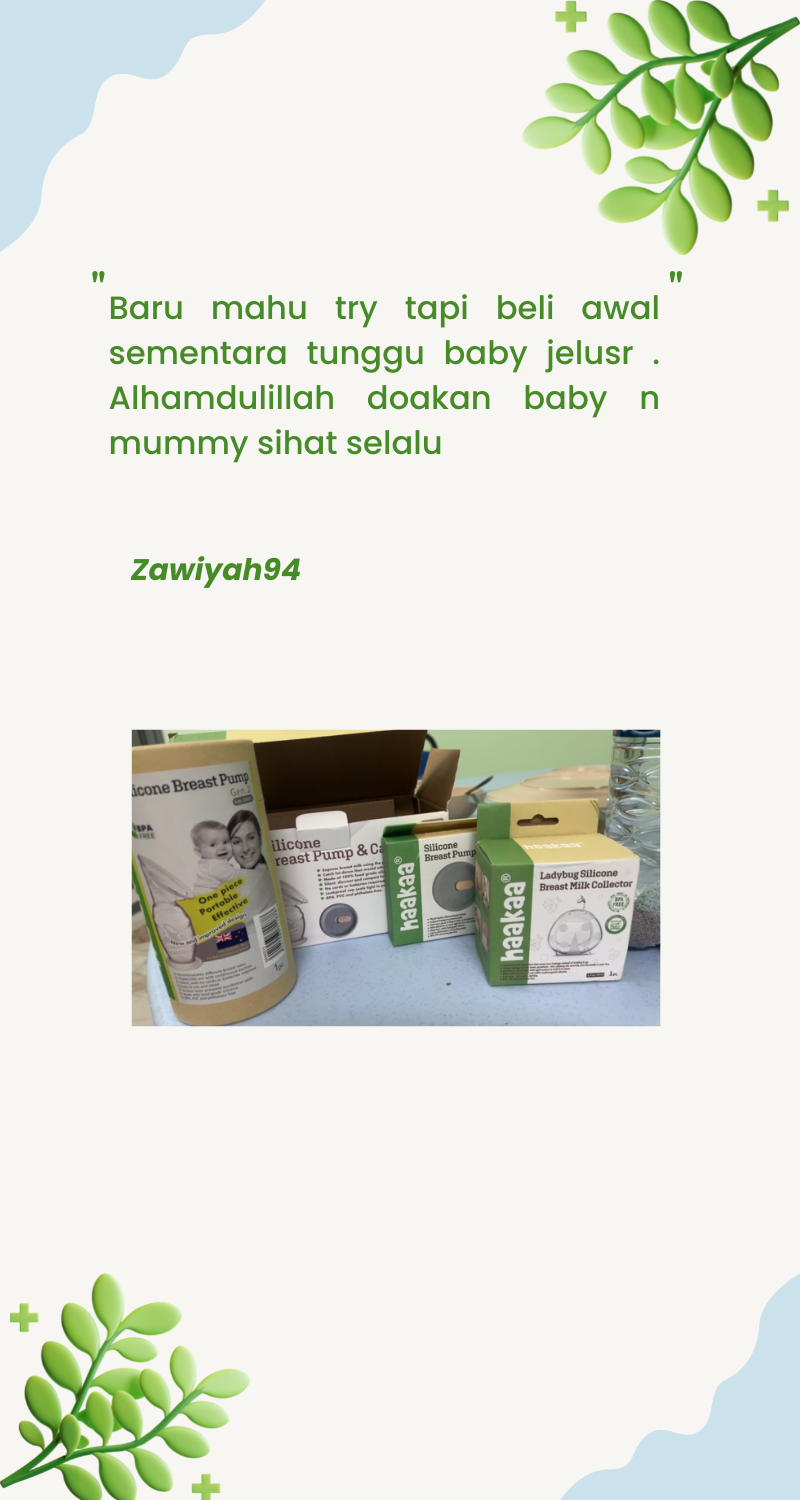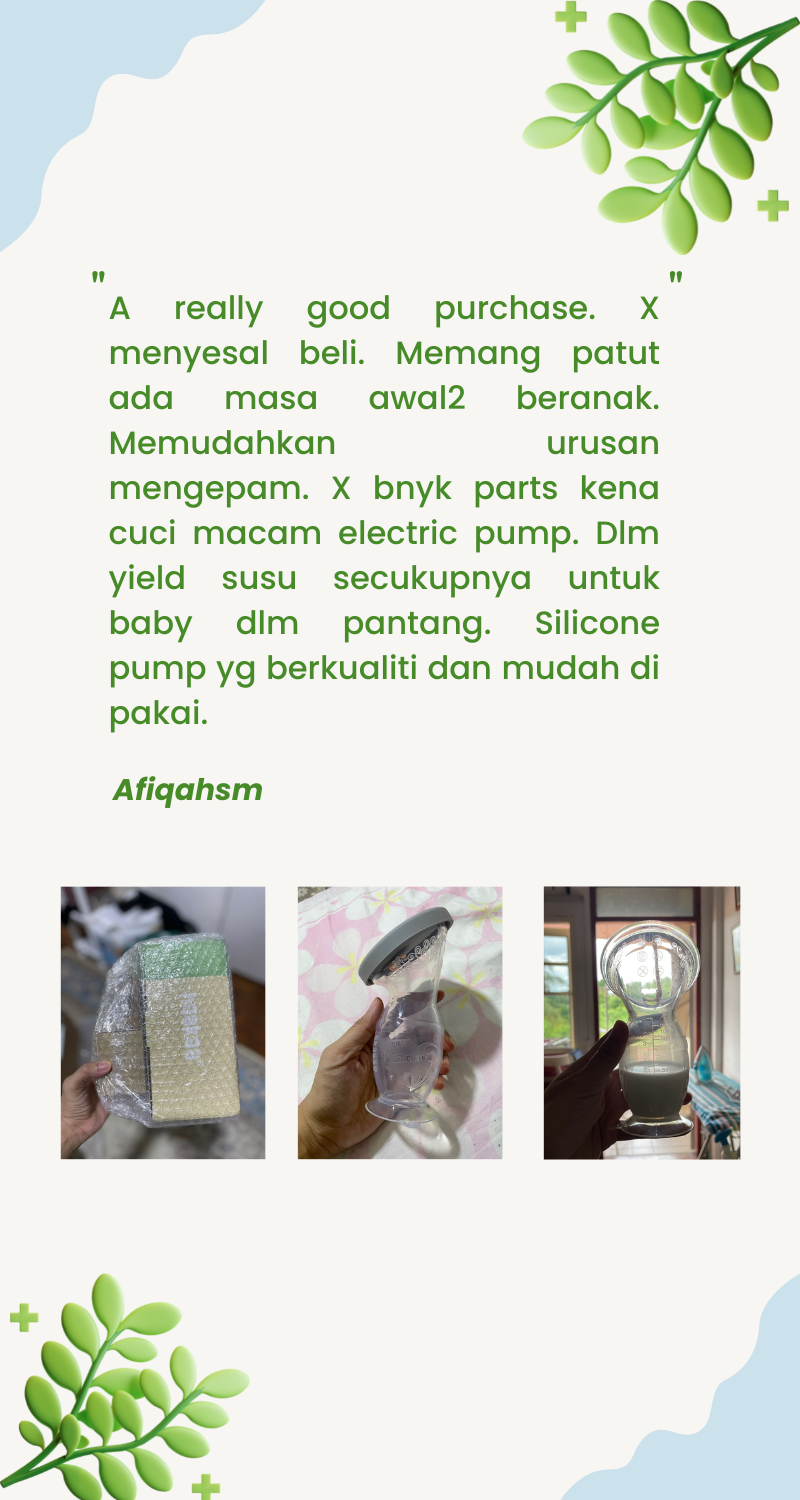Reducing Waste In The Kitchen

Plastic packaging creates a massive problem for the planet in terms of the amount of waste it produces – and one of the biggest culprits? Single-use food packaging. Every day we throw out so much from our kitchens into our rubbish bins – from one-time coffee pods and food wrappers, to plastic bags we get from the grocery store.
Plastic is particularly devastating to our environment because it takes such a long time to decompose. This means all these bits of plastic rubbish contaminating our beautiful planet will last for hundreds, even thousands of years to come! It’s an enormous issue, and we at Haakaa feel like it’s a vital topic to address.
To encourage more people to transition to a greener, eco-friendlier life, we have compiled some tips and tricks below to help reduce the amount of plastic waste we throw out – especially from our kitchens. If we can combine our efforts to reduce our impact on the earth, we can protect the environment that our little ones grow up in.

What are clingfilm alternatives?
Clingfilm is one of the biggest culprits for plastic food waste in the kitchen. So many of us use it mindlessly to wrap sandwiches, store leftovers, refrigerate or freeze things, and more! While it doesn’t seem like much at the time we use it, clingfilm is difficult to recycle, pollutes our oceans, kills marine life, and releases toxic chemicals when incinerated.
A great eco-friendly alternative to clingfilm is beeswax food wraps. These are made from waxed cotton, and not only are they safe to use, but they can also be easily found in local stores or online! Alternatively, you can also try your hand at making your own. Beeswax food wraps will last around 6-12 months if cared for properly, and once they’ve gone past their lifespan, you can put them in compost – reducing the amount of waste we throw out yet again! If you're not keen on beeswax, you can always give our Silicone Reusable Food Cover Set a go! These stretchy covers seal your containers, bowls, cans, pots, cups, and so much more! Heat and freeze-resistant, and available in six different sizes.
TOP TIP: If you use clingfilm to freeze things in a plastic freezer tray, try our 100% silicone Baby Food and Breast Milk Freezer Tray instead! It’s safe, practical and free from the chemical nasties found in plastics which leach. Cubes pop out easily with a quick twist of the soft silicone tray – no effort required! Caring for your freezer tray is super simple too – you can put it in the dishwasher or sterilise it by boiling in water for 2-3 minutes.
How do I stop using plastic containers?
Plastic containers might seem super convenient for storing last night’s leftovers – whether it’s homemade or from a restaurant – but they have a very short lifespan and can leach nasty chemicals into your food when heated! One way to cut down on your usage of these plastic containers is to replace them with longer-lasting, sustainable alternatives. Next time you go out for a big dinner, bring a glass or silicone storage container with you in your bag in case there are any leftovers you want to take home.
Our Silicone Collapsible Food Storage Containers are the perfect substitute for plastic food storage containers. They come in capacities of 860ml and 1160ml, which means they’re more than enough to fill with a generous amount of food. They also can be packed down when not being used, saving on storage space and making them incredibly convenient to take with you on-the-go!

How can I stop using plastic bags?
Plastic bags are one of the worst offenders in terms of plastic waste. They are commonly given out by stores for free to help customers carry their items, but all the effects of this builds up and leads to a devastating impact on the environment. The good thing is, governments around the world are starting to take actions to reduce the use of them – including right here, in New Zealand!
Many people are now instead relying on reusable cloth bags made of materials like cotton or non-woven polypropylene, which is much more durable than the standard plastic bag. However, these bags are only useful if you remember to bring them along with you! Keep them in your car or folded tightly inside your handbag so you don’t forget them when you go shopping.
If you want to go the extra mile, you can further reduce your usage of plastic bags by purchasing reusable mesh bags to help you pack produce from the grocery store. Unlike plastic bags, mesh bags also allow your food to ‘breathe’, extending their shelf life! A double win.
TOP TIP: If you use plastic milk storage bags to store your milk, switch to our world-first Silicone Milk Storage Bags instead! Unlike single-use plastic bags, our silicone bags can be used time and time again and are perfect for keeping your liquid gold safe from any nasties.

How do I cut down on food packaging waste?
Many foods we find at supermarkets and grocery stores are packaged for our convenience – but this comes at a massive cost to the planet! The easy workaround to this is to replace purchased foods where you can with homemade alternatives. For example, instead of buying yoghurt in plastic tubs – consider making your own yoghurt at home. Instead of throwing away individual wrappers as you munch on muesli bars throughout the week, bake your own and store them away in a container. Although it requires a bit more effort, it’s better for us in terms of health and knowing what we’re putting in our bodies, and it’s better for the environment. The more you get used to it, the easier it is to be waste-free!
There are also waste-free stores you can visit to do your food shopping. These shops sell grocery items in bulk bins – just bring your own bags or containers to be weighed, then fill them with what you need and the weight of your containers will be deducted at the register. Such a great initiative to help people go plastic-free and reduce their environmental impact on the planet!
What eco-friendly alternative should I use to wash the dishes?
Many people use plastic scrubbers and synthetic sponges to hand wash their dishes. However, these tools can be incredibly detrimental to not only the environment but our health as well. Plastic bristles often wash off down our drains and into our waterways, killing marine life, and synthetic sponges create the perfect environment for bacteria to breed. These options also need constant replacing as they wear down. An eco-friendlier option for hand washing dishes would be a silicone sponge – they have a lifespan of up to a year and don’t allow bacteria to bread as they are non-porous! There are also plastic-free dishwashing brushes you could consider – not only are they sustainable and non-toxic to the environment, but they’re also great for scrubbing the grime off your dirty dishes.
TOP TIP: Our Silicone Brush makes a perfect plastic-free brush for doing the dishes!

There are many steps that you can take to reduce your impact on the environment, starting right here in your kitchen. By reducing and controlling the amount of plastics we dispose of every day at home, we can hopefully eliminate the need for single-use plastics entirely over time, preserving the beauty of the environment for our little ones.







